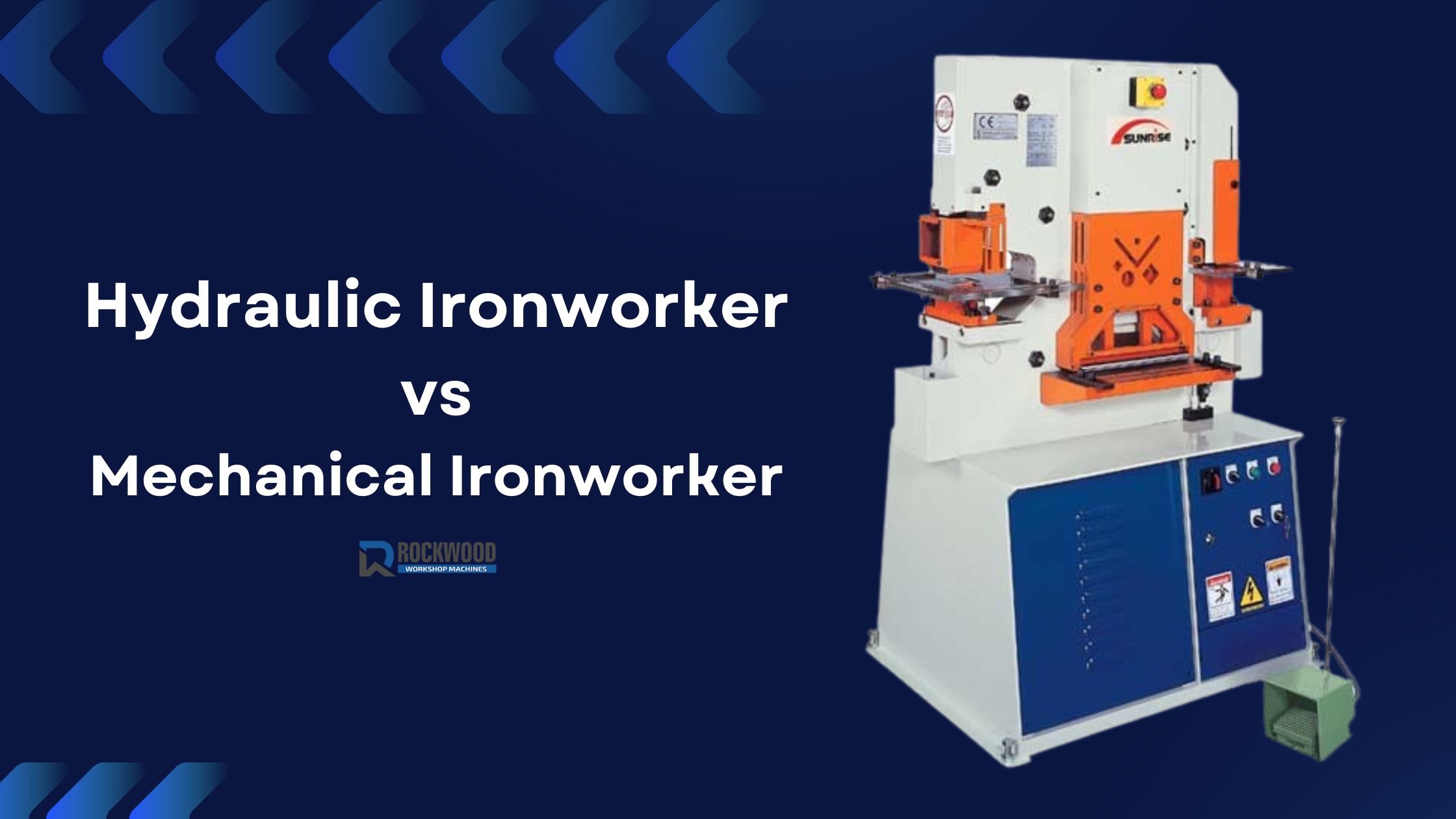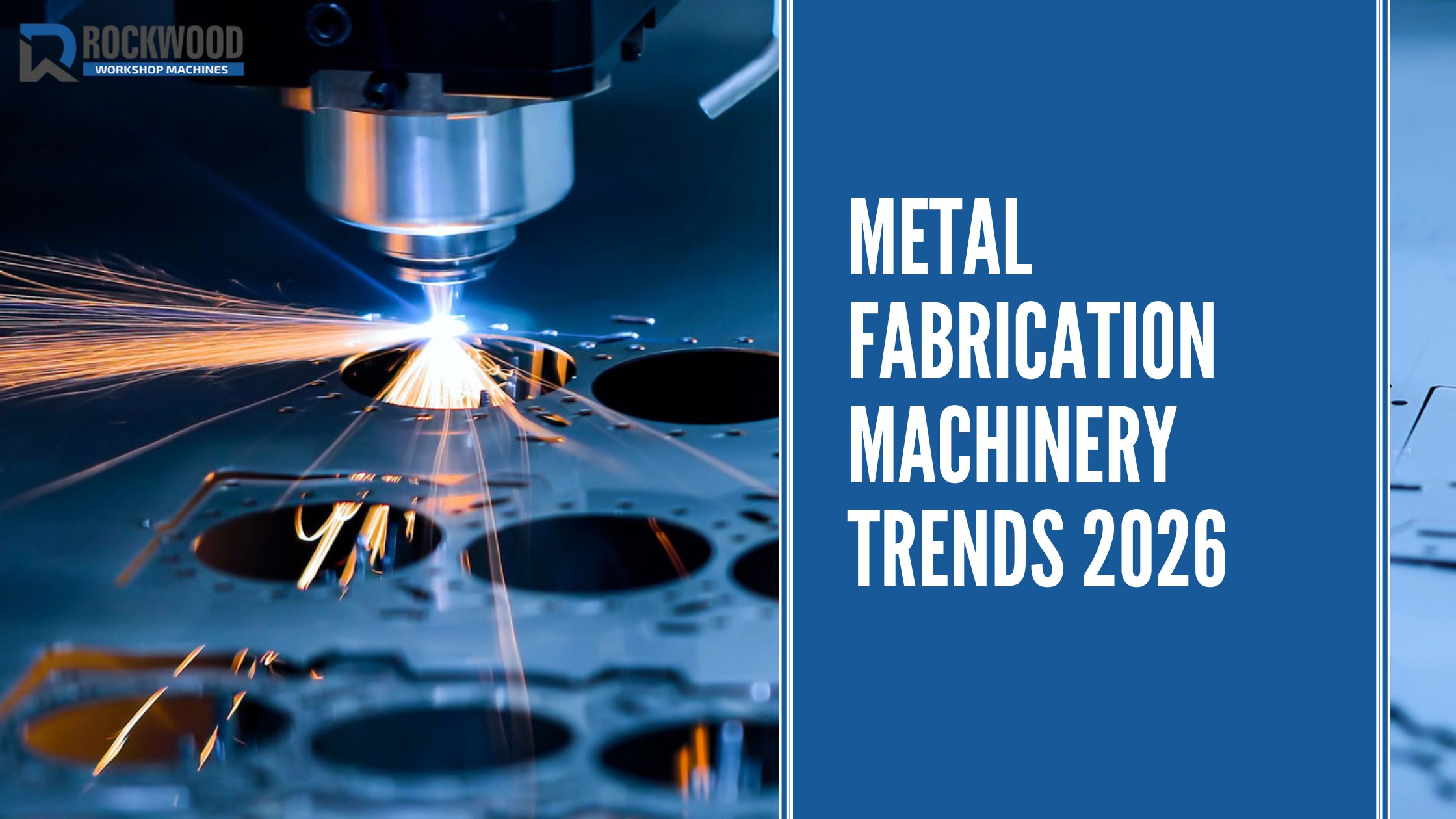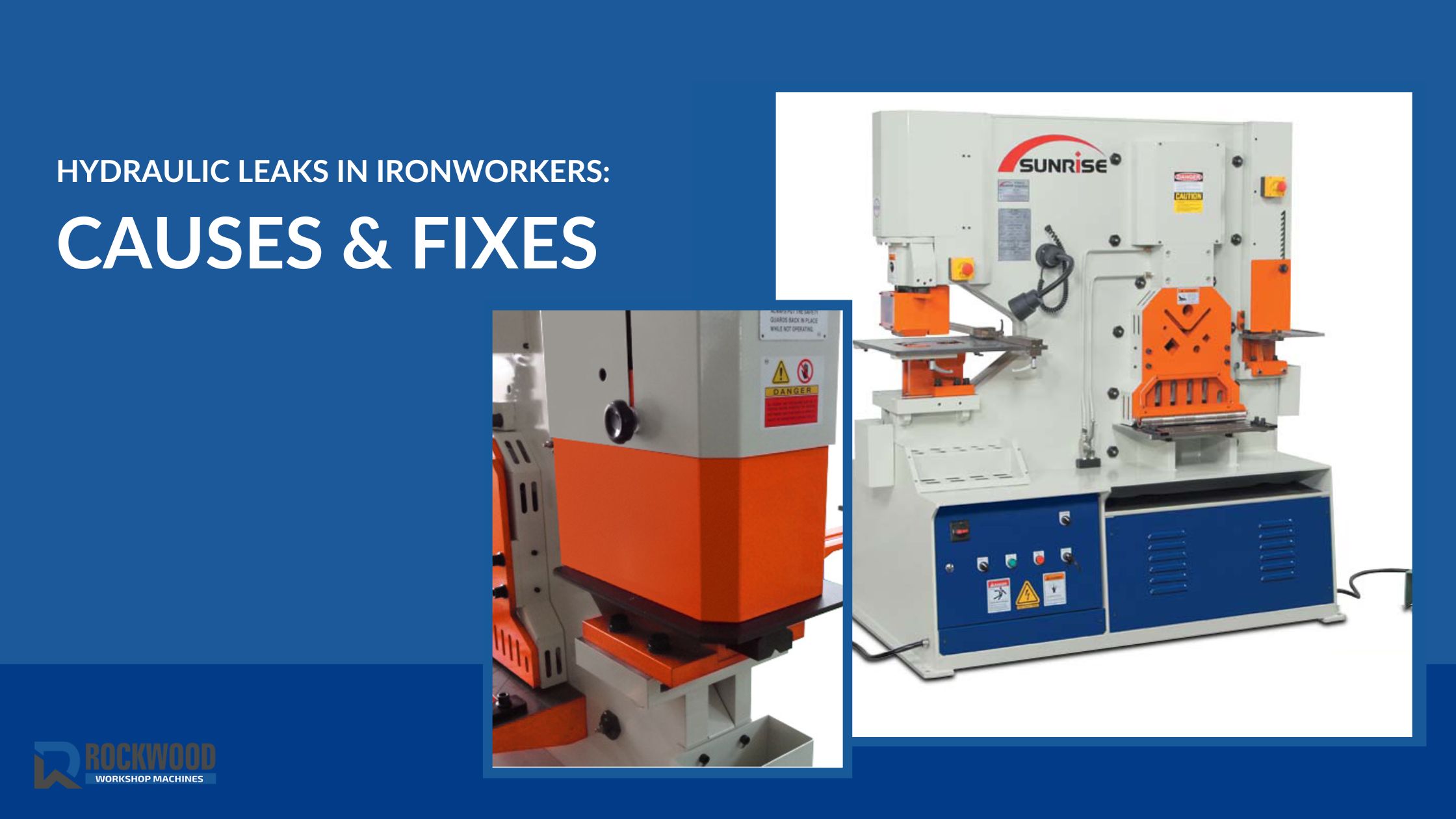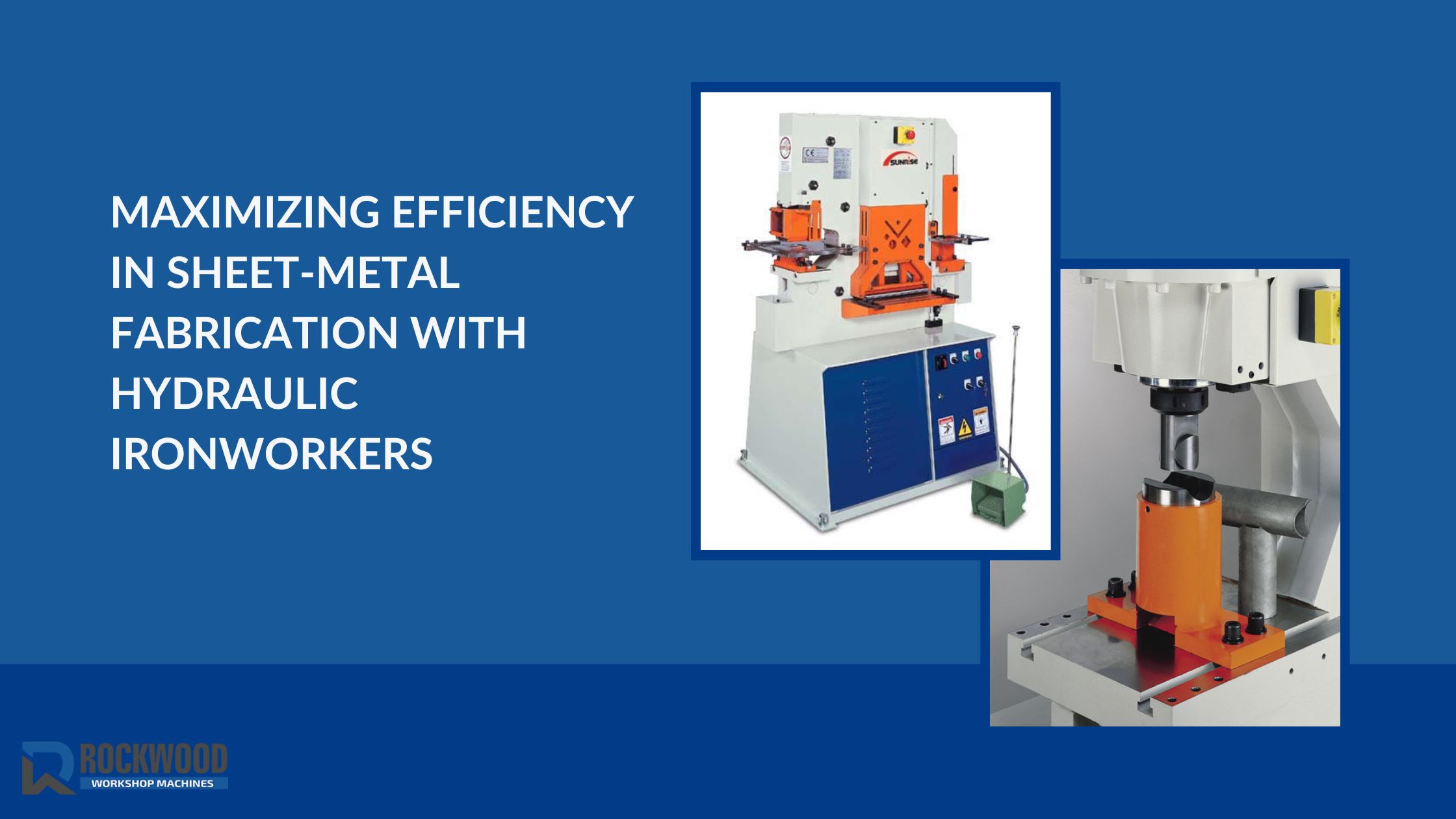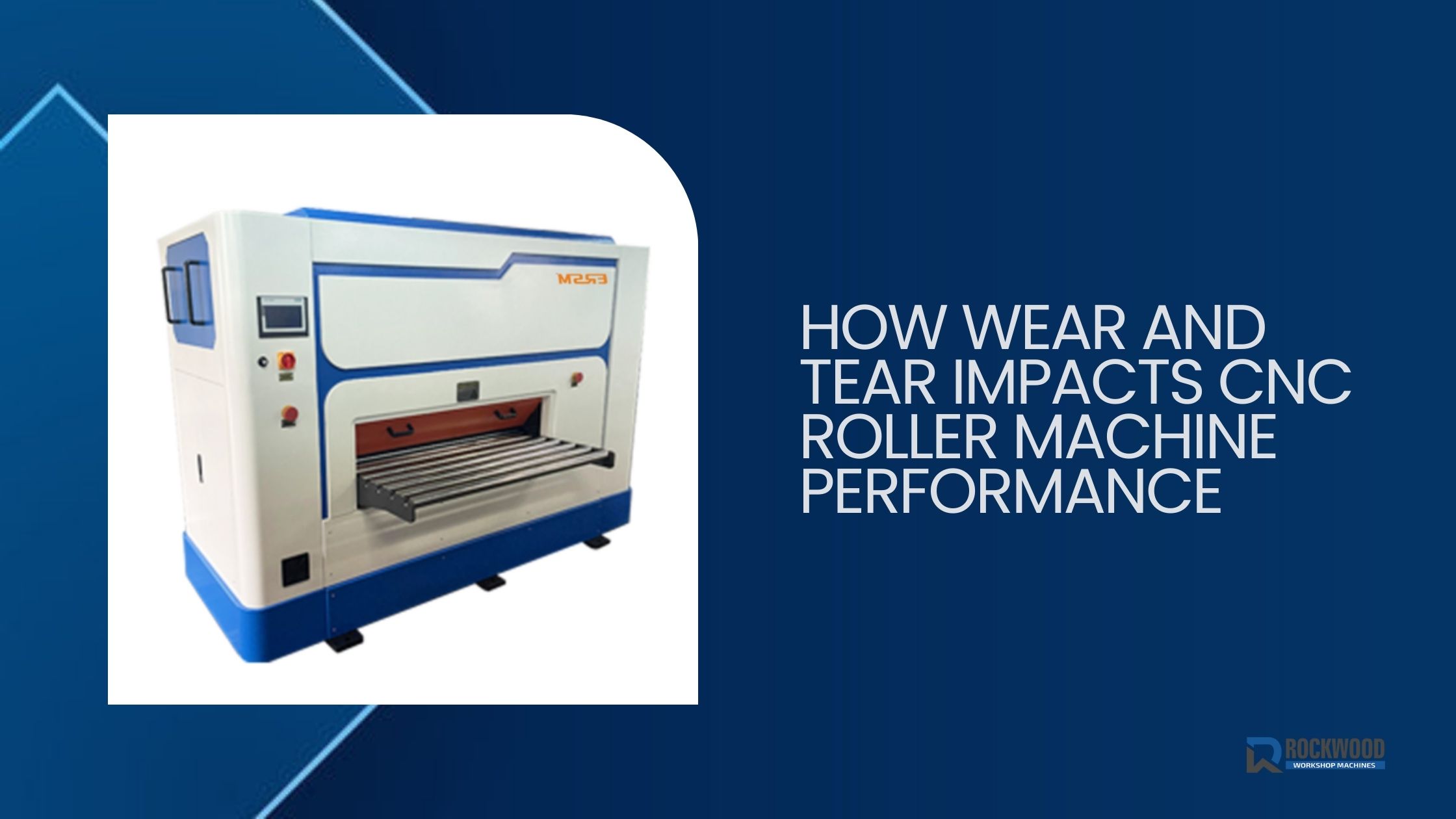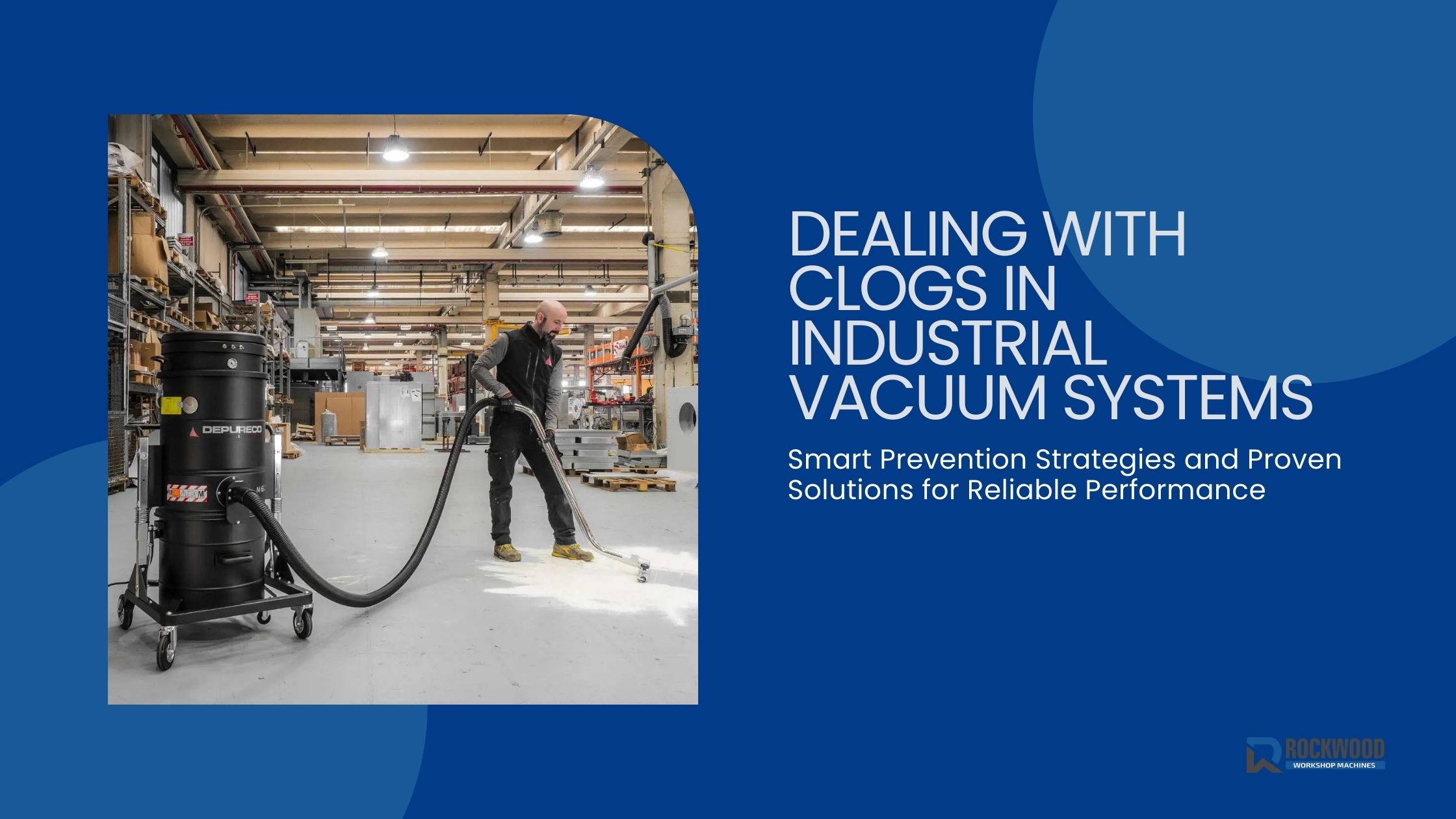Lathe Machines vs Milling Machines: Which One is Better for Your Metalworking Needs?
When it comes to choosing machinery for metalworking, this is among the most important decisions to make on the project. The main tools in metalworking are lathes and milling machines. With the basis of operation well understood, each machine works differently and is more advantageous for certain applications. Today, this blog shall compare lathe machines vs milling machines based on their differences, working, and how one can choose which one to go for, especially if one is planning to buy lathe machines or drilling and milling machines in UAE.
Understanding Lathe Machines
A lathe machine is commonly used to shape metal, wood, or plastic materials. The workpiece rotates against a tool that performs cutting operations on it to give it the final shape. Though lathe machines are very effective and usually used for cylindrical casting such as shafts, rods, and bearings, they can be used for producing other shapes as well.
Lathe machines have some excellent capabilities to perform turning, facing, threading, etc. The cutting tool stays in place as the work piece spins rapidly. This speed gives precision cuts to provide specific shapes. Because of their accuracy and surface smoothness, lathes are also the machines of choice for surface detail work.

Applications of Lathe Machines:
- Producing cylindrical components like shafts, rods, and pipes.
- Threading processes for bolts and screws.
- Drilling, boring, and facing operations.
- Polishing and smoothing of surfaces.
- Assembling complicated designs with high precision.
The Role of Milling Machines
Milling machines can be used to cut, shape, drill, or machine any of a wide variety and range of materials. Lathes differ from milling machines in that different rotating cutters remove material from the workpiece, which remains stationary. As a result, the milling machine can create flat surfaces, contours, slots, and other intricate patterns.
Different configurations of milling machines include vertical and horizontal ones. A milling machine is very versatile cutting detailed features in multiple directions, which makes it a very flexible machine. It is good for machining large and irregular parts that need detailed dimensions.

Applications of Milling Machines:
- Cutting and shaping of flat surfaces, grooves, and slots.
- Drilling, reaming, and boring operations.
- Complex parts like gears, wheels, and other intricate components.
- Operations that require precise and varied cutting motions.
Major Differences Between Lathe Machines and Milling Machines
While both lathe machines and milling machines are equally important tools in metalworking, they are individually advised for different types of work. The difference in these two is as follows:-
Type of Operation:
Lathe Machines: A lathe machine turns the workpiece while the cutting tool remains fixed. It is ideal for turning, shaping, and machining cylindrical parts, with the primary functions of turning, drilling, and threading.
Milling Machines: A milling machine is one which cuts material from fixed workpieces using a rotating cutter. They are versatile and can carry out a range of functions, such as drilling, machining, and the ability to produce irregular forms.
Workpiece Orientation:
Lathe Machines: The workpiece is held firmly on the lathe spindle to rotate.
Milling Machines: The workpiece is stationary while the milling cutter moves along the material in different directions.
Complexity of Operations:
Lathe Machines: General operations in the lathe are simpler and can be used in the manufacture of cylindrical parts. Specific tasks, like threading, drilling, and turning, are generally within the gambit of these machines.
Milling Machines: Milling machines allow for a wider variety of operations, including more intricate tasks such as cutting complex shapes, creating flat surfaces, and working on irregular parts.
Speed and Precision:
Lathe Machines: Lathe machines excel in producing precise, smooth, and uniform surfaces, especially for cylindrical parts. They are faster for creating cylindrical shapes but they are less adaptable for other operations.
Milling Machines: Milling machines offer high precision, especially for tasks requiring detailed shapes or multi-directional cuts. However, they tend to be slower than lathes when it comes to mass production of cylindrical parts.
Choosing Between Lathe Machines and Milling Machines for Your Metalworking Needs
Now that we’ve covered the basics of lathe machines and milling machines, how do you decide which one is right for your specific needs? Here are some factors to consider when making your decision:
Type of Workpiece:
- If your project involves creating cylindrical shapes or parts like shafts, rods, and pipes, then lathe machines would be your best choice.
- If you need to cut complex shapes, or flat surfaces, or work on irregular parts, drilling and milling machines would be more suitable.
Complexity of Operations:
- For simple tasks, lathe machines are often more efficient and simpler to use. If your work requires intricate designs, milling machines will provide the versatility you need for precision cutting and multi-directional operations.
Material Type:
Both lathe and milling machines can handle different kinds of metals, like aluminum, steel, and brass. For harder materials and intricate details, milling machines are often the better choice.
Production Volume:
- Lathe machines are great for high-volume repetitive work such as turning and threading operations where quality and speed should remain constant.
- Milling machines can do large jobs but are helpful in custom runs or complicated parts that require different cuts with very tight tolerances.
Space and Budget:
- Lathe machines are typically more compact and cost-effective for businesses looking for a reliable, high-precision tool for basic metalworking.
- Milling machines, especially advanced CNC models, can be larger and more expensive but offer far more flexibility for a wider range of tasks.
Both lathe machines and drilling and milling machines have their advantages determined depending on the specific needs of the job. While lathe machines are necessary for high-precision, cylindrical parts, milling machines have the advantage of versatility and the ability to handle more complex shapes and cuts.
Such knowledge must form the basis of a good choice for business or hobbyists contemplating metalwork. Whether turning simple parts or designing intricate models, the right selection will greatly enhance the finished piece.
At Rockwood Workshop Machines, we offer all types of lathe and milling machines that will fulfill your needs. Search for the best precision lathe machines or versatile drilling or milling machines for all over UAE and GCC. Our team can guide you toward the best solution for your workshop. Browse and find the right equipment to take your metalworking projects to a different level!




